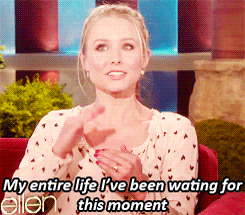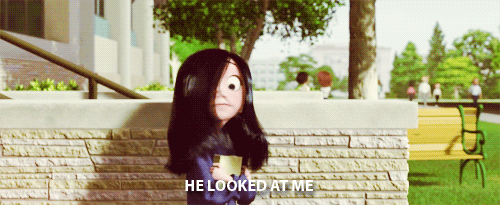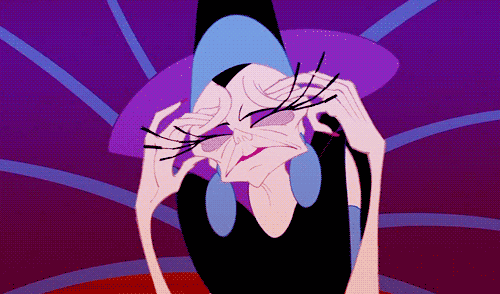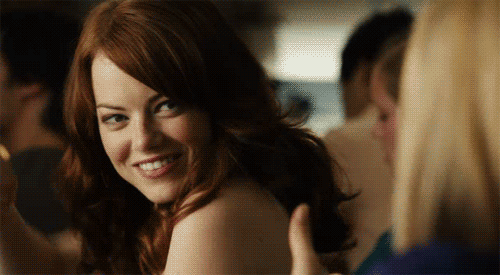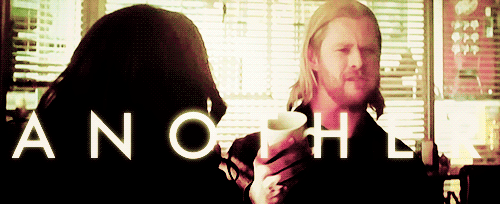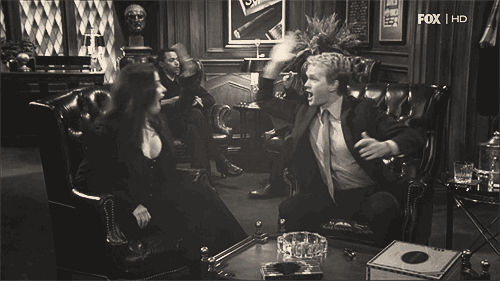One of my favorite annual conferences, NESCBWI, is this weekend, and I’m so psyched to see lots of wonderful writer and illustrator friends for a weekend of bookish inspiration. But only a few years ago, I was a total NESCBWI newbie, and was headed to Springfield equal parts excited and nervous.
In case you’re a newbie to the writing conference experience, here are my tips for getting the most out of your weekend and having a blast.
Do: use the conference hashtag
Intimidated by how everyone seems to know everyone else? Joining in on social media can be a great way to connect with a lot of people at once, and it’s way easier to meet people in real life if you’ve already interacted on Twitter. This weekend, follow along at #NESCBWI16.
 Don’t: be scared to talk to people
Don’t: be scared to talk to people
I know, it’s hard to be the new kid. But everyone’s there because they love the same thing you do, and that means you already have something in common. Ask what they primarily write/what kind of media they use in their art/what book they’re totally fangirling over/how their last session was.
Do: take notes
 It’s easy to think you’re going to remember everything from that amazing session on outlining, but details get fuzzy a week later when you’re diving back into your WIP. Bring a notebook or your laptop/tablet and jot down a few helpful points in each session.
It’s easy to think you’re going to remember everything from that amazing session on outlining, but details get fuzzy a week later when you’re diving back into your WIP. Bring a notebook or your laptop/tablet and jot down a few helpful points in each session.
Don’t: stress about remembering everything that was said in every talk/workshop
The stuff that really resonates with you will stick with you. Sometimes it’s more important to be present than to feel like you’re going to have to recite the workshop verbatim next week.
 Do: get your time and money’s worth
Do: get your time and money’s worth
Conferences can be expensive and take you away from your other responsibilities for a weekend. (Sorry, laundry, see you Monday!) Take part in workshop exercises, listen to the keynotes, join in on open mics, get a critique from an agent or editor. This is your weekend just to be a writer, so you might as well get the most out of your time that you can.
 Don’t: get conference burn-out
Don’t: get conference burn-out
Getting the most out of your weekend is one thing, but you don’t want to be so drained by it all that you end up zombie-walking through your last four workshops. Take some alone time when needed, or hole up in your hotel room and grab an hour of inspired writing time.
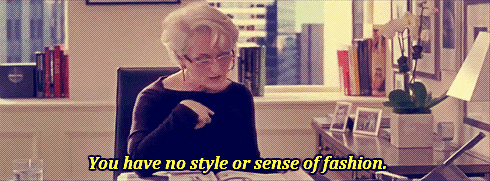 Do: dress comfortably
Do: dress comfortably
It’s a writing conference, not a fashion conference. (Miranda Priestly will not be there to judge you.) Modcloth-cute outfits are appreciated, but you’re also going to be walking from room to room and floor to floor and dodging people to get a seat at lunch. Comfortable shoes are key, and a lot of people wear jeans.
 Don’t: forget to bring a few essentials
Don’t: forget to bring a few essentials
I like to have a notebook, a few pens, my cell phone charger, some business cards/bookmarks/other swag to hang out with my name and book on it, cash for the bookstore, and a reusable water bottle. Your essential items list may vary, but I think these are good basics.
Do: ask questions that benefit everyone
Most sessions have time for Q&A, but nothing’s worse than someone taking up 15 minutes on a question that only applies to their very specific situation. Think about questions that might apply to lots of other people in the group. If you have a specific question and the workshop presenter is available to talk after, bring it up individually.
 Don’t: network all the time
Don’t: network all the time
We’re writers/illustrators, but we’re also people. You don’t have to be pitching your book or bragging about your daily word counts all the time. Remember that your fellow conference-goers are also people who have families, other hobbies, favorite movies, etc. The best ways to connect with your colleagues are when you remember that they’re regular humans, too.
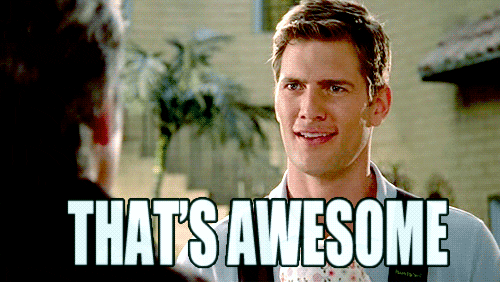 Do: have a pitch for what you’re working on
Do: have a pitch for what you’re working on
This one is still hard for me, too. At some point over the weekend, someone will ask, “What do you write?” Instead of mumbling “Oh something about people and feelings, but it’s funny” like I do, think of a one or two sentence pitch for each of your projects.
 Don’t: feel bad if you leave a critique without an offer from an agent or book deal
Don’t: feel bad if you leave a critique without an offer from an agent or book deal
I’m not gonna say getting signed by an agent or editor can’t happen, but instead of worrying about getting that contract, try to focus on what’s working in your story and what you should consider in revision. And remember that not every agent/editor is the right one for you–maybe the one doing your critique could offer helpful suggestions, but ultimately isn’t the one who’s the best match for you or your book.
 Do: have fun!
Do: have fun!
Conferences like NESCBWI are a great opportunity to meet people and learn more about your craft, but they should also be a chance to enjoy yourself among your peers. Writing is hard enough, so when we’re all together for a weekend, we might as well celebrate.
And if you’ll be at NESCBWI this year, copies of The Chance You Won’t Return should be available in the bookstore. I won’t be doing an official signing, but if you have a book and find me around, I’ll totally sign it for you (and give you a hug/high five).
Other conference tips? Share them in the comments!
